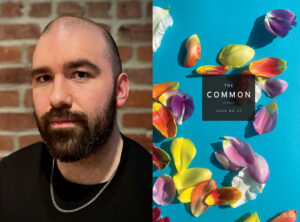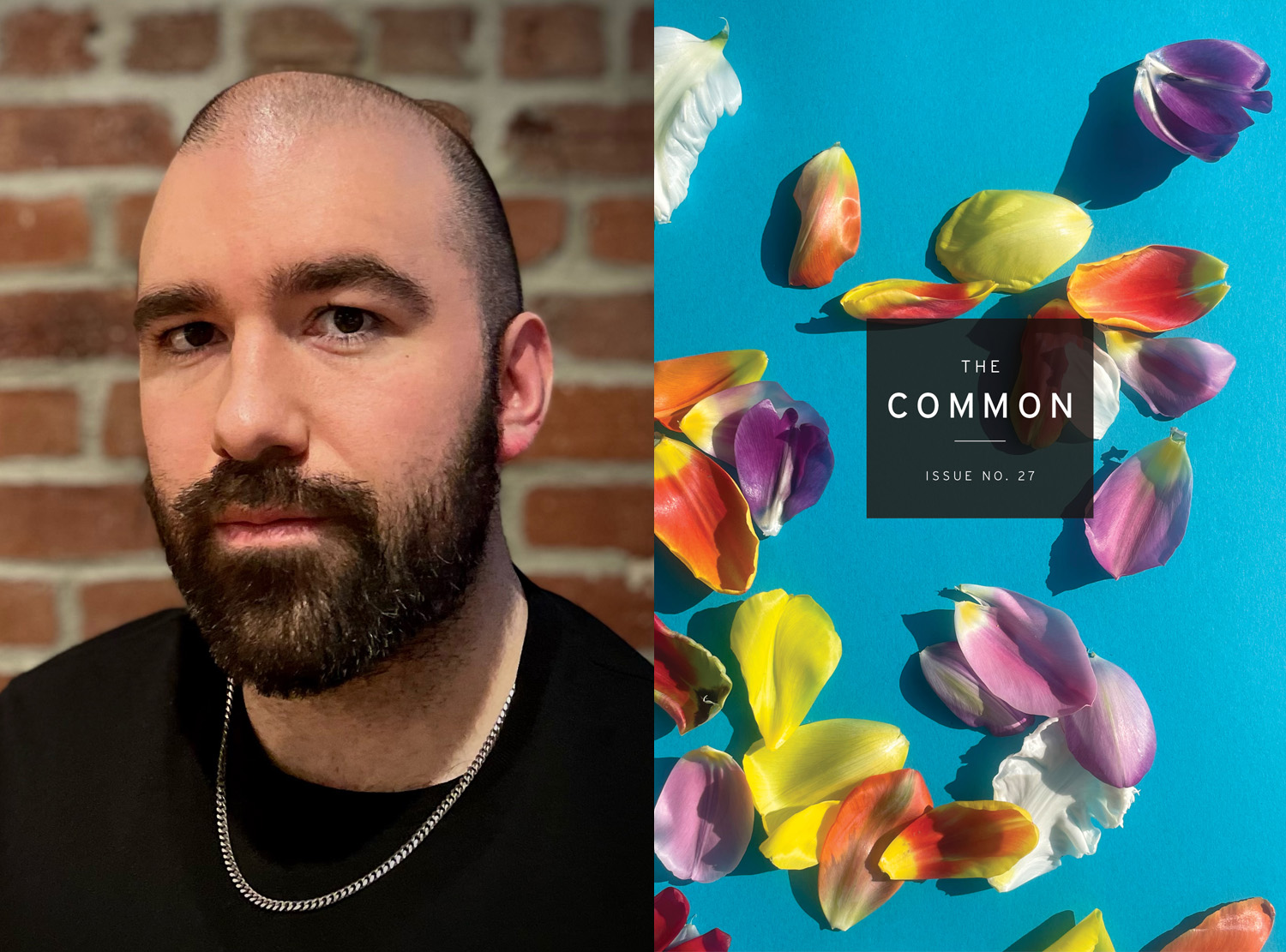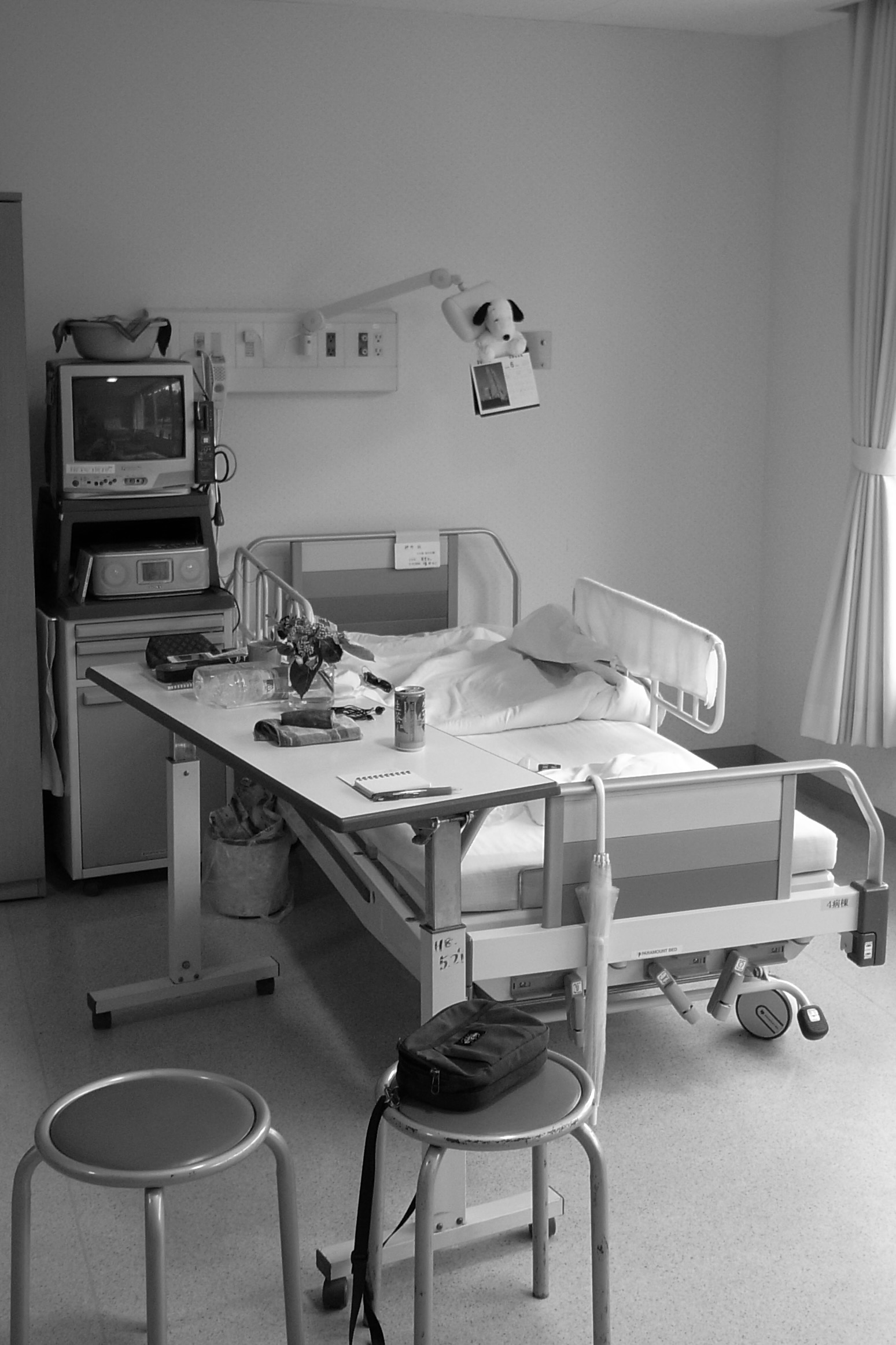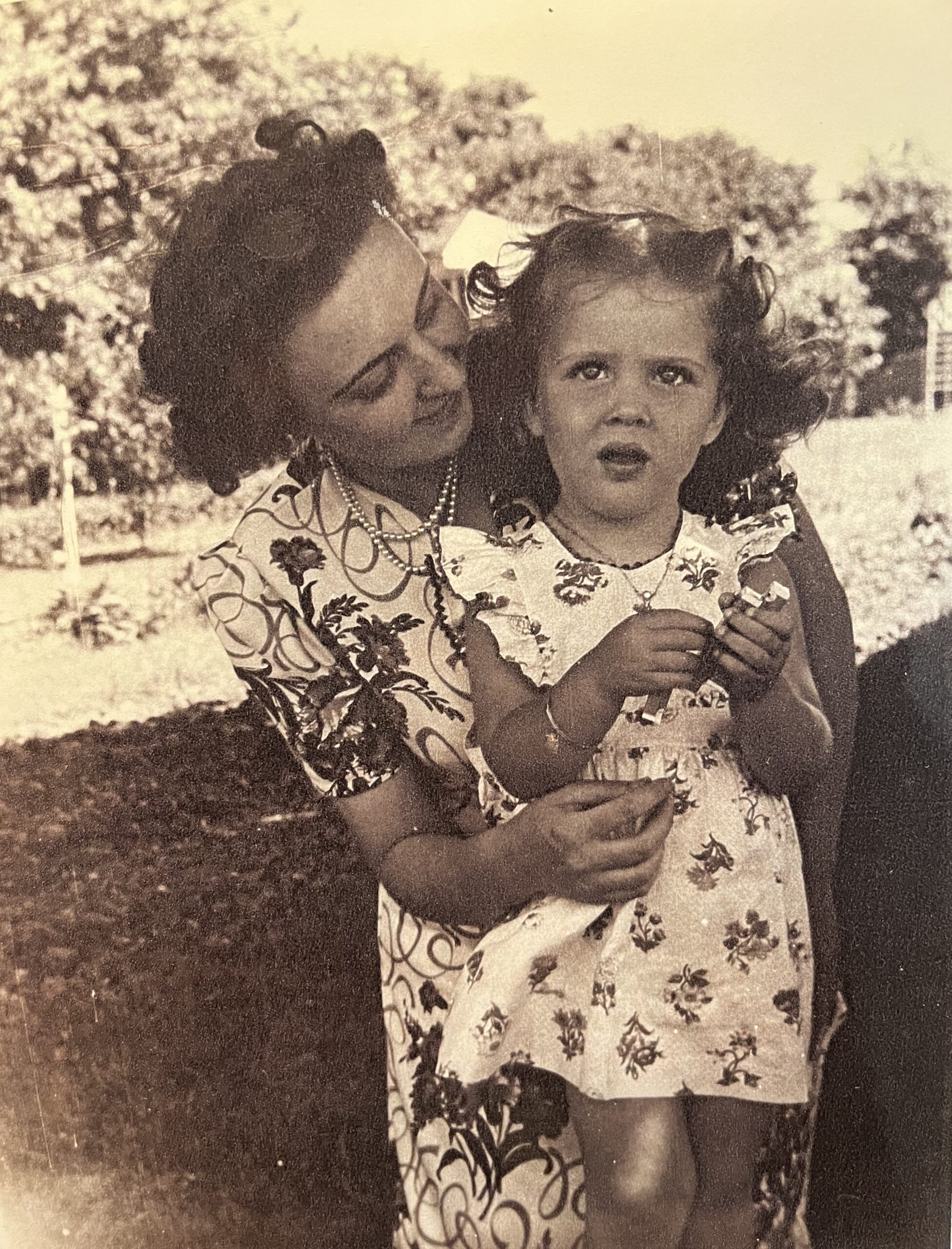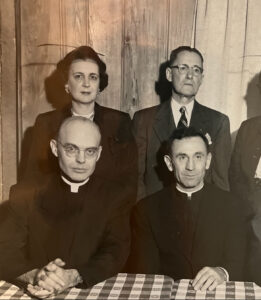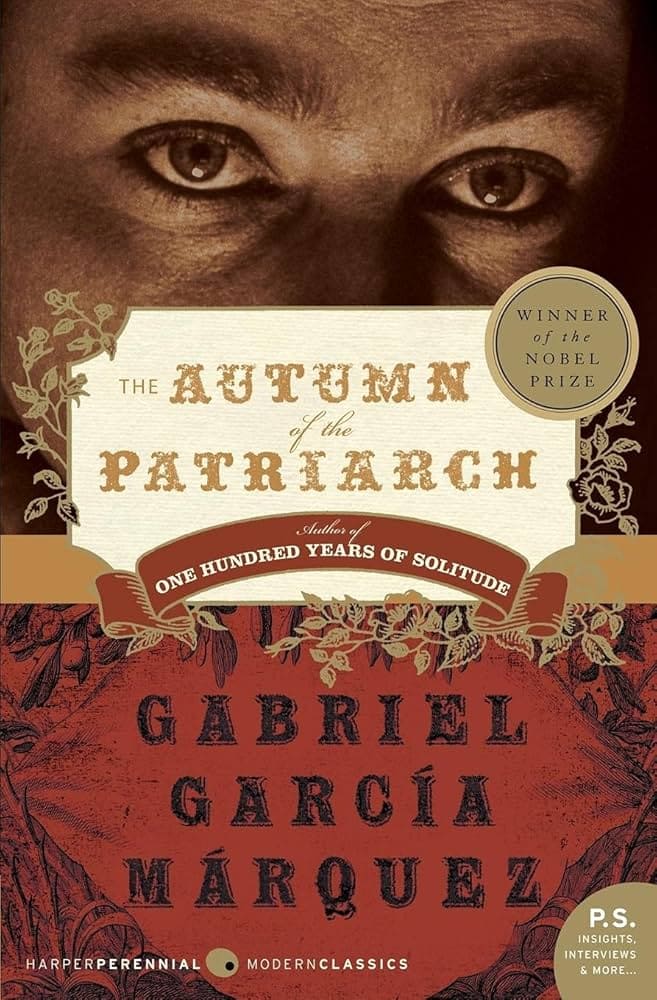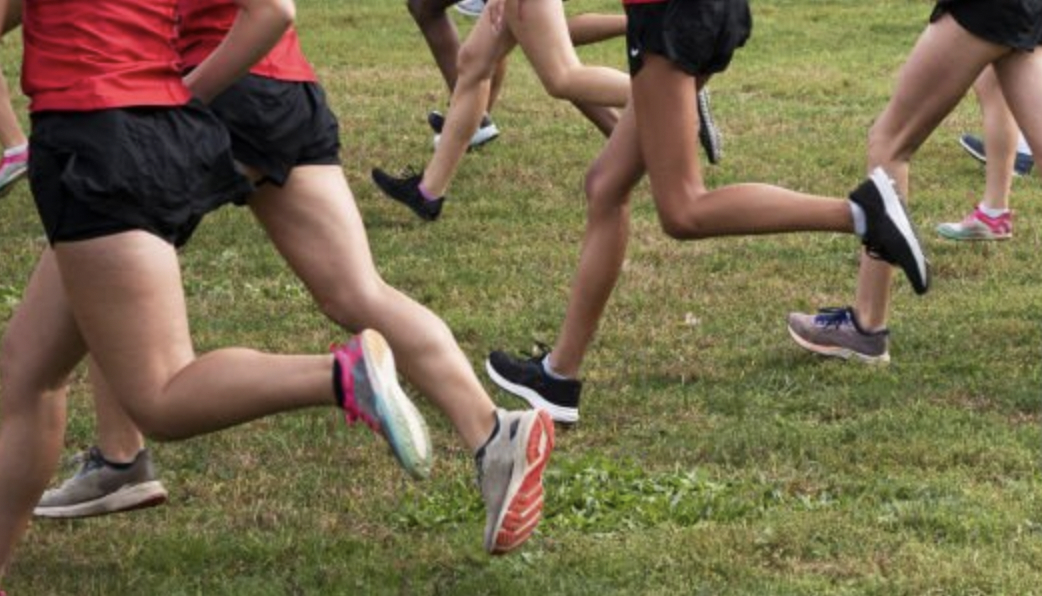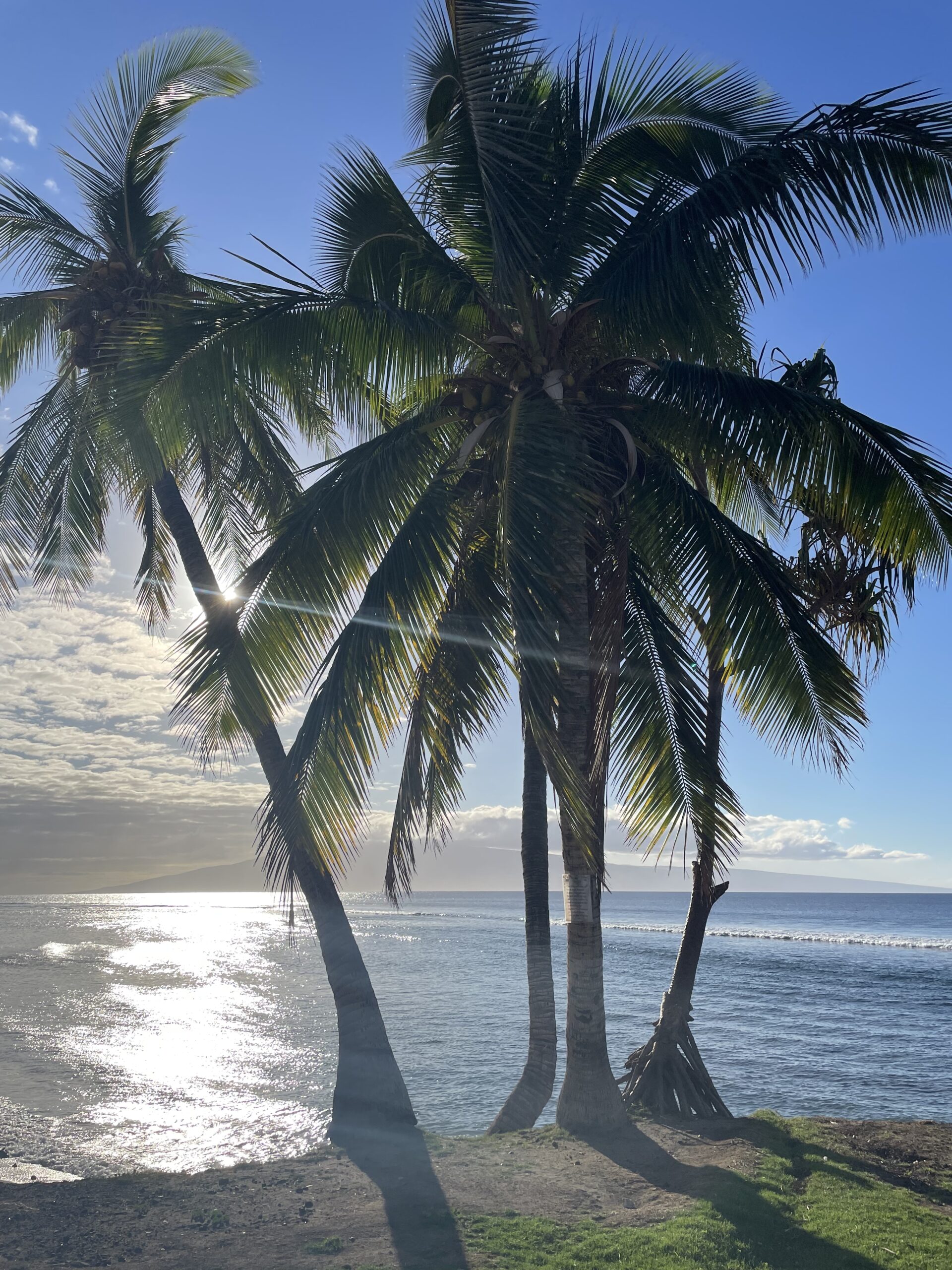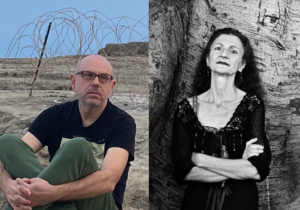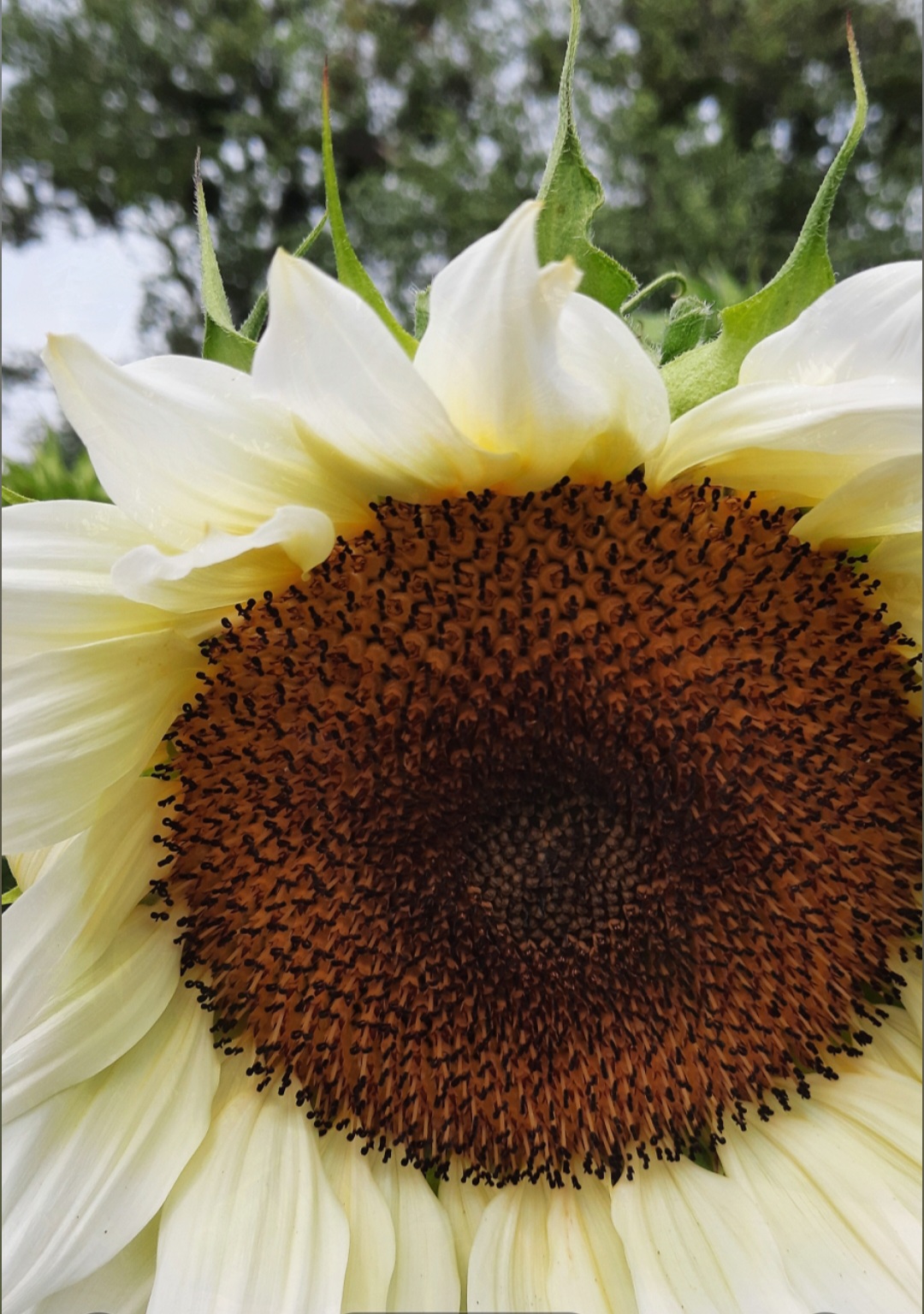By HALYNA KRUK
Translated by LADA KOLOMIYETS
Poem appears below in English and the original Ukranian.
Translator’s note
Since February 2022, the metaphorics of Halyna Kruk’s poetry have undergone transformation on the way to nearing the genre of testimony. Kruk explains in her speech at the poetry festival in Berlin in June 2022 that metaphors have lost their power in front of what is actually experienced (Kruk, Halyna. “Krieg ist keine Metapher.” Zeit Online, June 18, 2022). The voice of the diarist of wartime has become the most important feature of literary expression. In her Berlin speech—just as in the poem to and back, written in spring 2022—Kruk warns the prosperous western world against erecting an emotional wall between Ukraine and itself. While addressing the Western audience, she tries to explain a painful feeling of irreparable loss—in our souls, in our culture, science, economy, industry, society —of men and women, someone’s parents, someone’s children, who were killed by Russia: “War creates a gap between those who have experienced it and those who are far from it; with each passing day of the war, I see that it is more and more difficult to explain to people from the outside what we feel here, on the inside. … Poetry acquires very peculiar forms—a spontaneous prayer, a stingy testimony, a lament or even a curse to the enemy. These are not the forms of poetry to which modern European culture is accustomed, they are functional and ritualistic, too primeval in their emotional coloring, too subjective, too pathetic, and intolerant” (Kruk, “Krieg ist keine Metapher”; my translation).
In her poem to and back Kruk writes about the unfitting of war in the eyes of Western world, even if the words for war may be found by survivors and those who have experienced it. Incompatibility of war and peace, of poetry and war calls for the memory to work in place of creativity. The healing power of poetry—as a witness of war crimes in Ukraine—is encoded in Kruk’s poems, written in the spring and summer of 2022.
—Lada Kolomiyets
